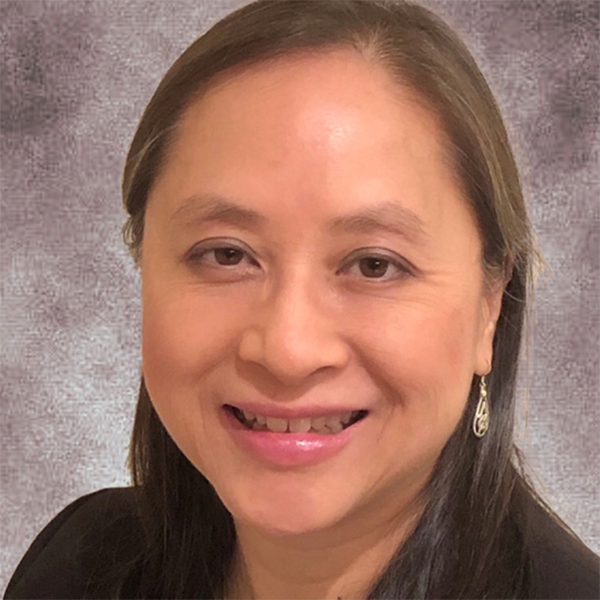#ChooseCardiology: D. Elizabeth Le, MD, FACC

Why did you choose cardiology?
I choose cardiology because the intricate mechanics of the heart fascinated me starting in high school, and the intrigue continued through college, medical school and residency. Cardiology offers the gratification of caring for patients admitted to hospital with serious and sometimes life-threatening conditions and then discharged with a better quality of life and/or a longer life after receiving care. I love visualizing the heart using numerous imaging modalities and correlating the anatomy with the physiology.
What do you like best about cardiology?
Cardiology is an inclusive specialty. Regardless of your specific interest, it has a place for you! Cardiology offers the opportunity to care for young adults with emphasis on prevention and older adults with heart failure at end of life. The spectrum of practice is wide, from ambulatory to critical care and from noninvasive imaging to interventional. Although cardiology requires continuous sharpening of interview and physical exam skills, it also has an enormous body of evidence to support diagnostic and management decisions. The field is changing at a dizzying pace, but despite the new technology, it does not abandon the traditional doctor-patient relationship and laying of hands on the patient.
Who has been a role model or mentor for you?

I am grateful to the many mentors with whom I have been fortunate to cross paths. They have molded my development into a cardiologist, a process which is still ongoing. Barbara Stonestreet, MD, a perinatologist, taught me the integrity of the research process and demonstrated how to balance a career of clinical and research aspirations with grace.
My decision to pursue cardiology fellowship training was based on exposure to Jonathan E. Gage, MD, a general cardiology attending during residency. He was a superb teacher who taught with kindness and respect for both his trainees and his patients. I witnessed how he expertly managed general cardiology conditions and coordinated more specialized care with ease, as well as how much he enjoyed what he was doing. Gage moved seamlessly between the outpatient and inpatient arenas and always had time for his patients and us residents. He was exactly the kind of physician I hope I would become.
Edward S. Murphy, MD, FACC, is a master clinician who embodies the true meaning of life-long learning. Every time I communicate with him, I learn something new that is beneficial both to me and my patients. Even though I met these three individuals over a 30-year period, the common trait they share was they all were generous with their time and imparted their knowledge and wisdom to the next generation with enthusiasm.
Why did you choose this area of cardiology (general cardiology)?
Being a "generalist" allows me to take care of the "whole heart." During fellowship I loved both diagnostic cardiac catheterization and echo. In my first academic position, the chief agreed to let me do both! I also enjoyed tackling acute and chronic care conditions. My basic problem was that I liked everything. As a generalist, I am the cardiology care coordinator for my patients, and as a result, have the privilege of establishing many wonderful long-term relationships. Even when a patient passes on and the sense of failure overwhelms me, I am heartened that a patient's family still expresses appreciation.
What advice would you give women considering cardiology?
Follow your passion – if you enjoy what you do in your chosen field, it will not feel like work. You have worked hard to get to where you are and you deserve to complete your formal training doing something you want to do. Seek out female cardiologists around you or any of us in the ACC WIC Section, and we will help guide you and support you. We are excited welcome you to the "WIC Club."